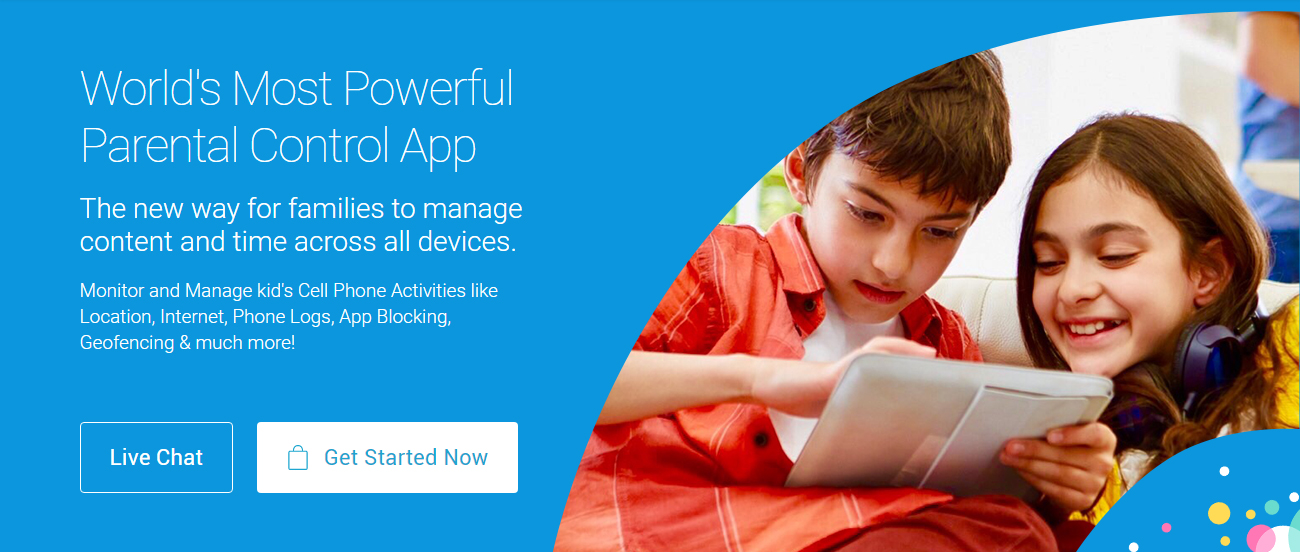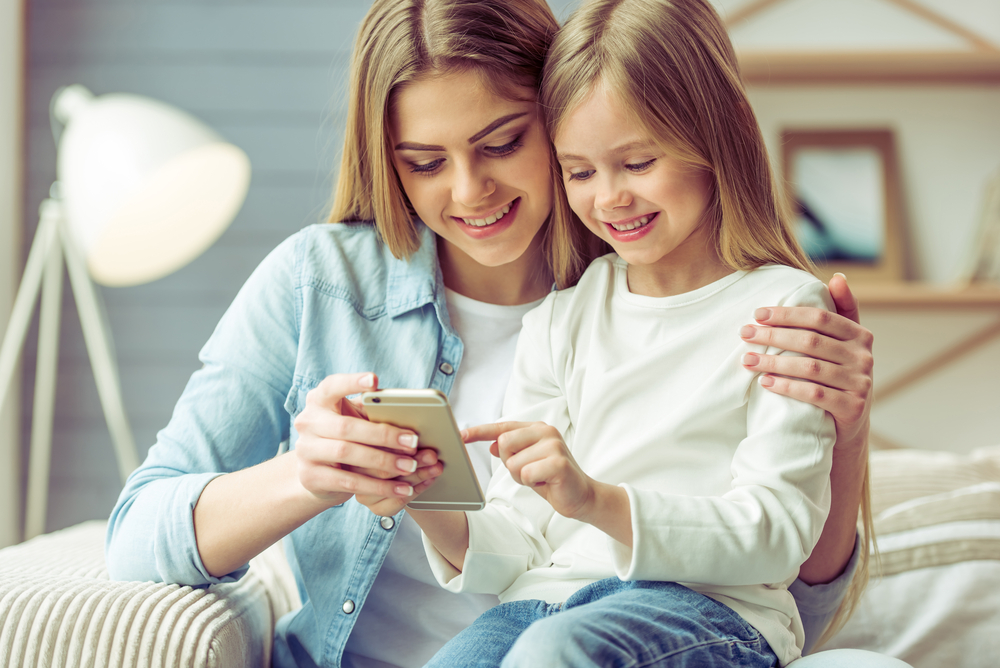The new generations are growing up in social networks. Literally. In many cases, their relationship with the internet is established even before their birth, with the disclosure of a first ultrasound that earns their parents more likes of the usual. Most parents record every little progress of their baby and proudly share it on the networks.
Sometimes, as a simple sign of their happiness, others sharing their reflections and doubts about health, nutrition or childhood education, most of them … for fun and habit. And they do not stop doing it no matter how much their offspring are turning years old.
Who has not posted on Instagram photos of their children on their first day of school or showing off their sports achievements on Facebook? Who has not received by WhatsApp an audio of the Christmas carol of his nephews or shared a video with the occurrence of a little stranger that someone recorded and today is viral and makes thousands of users laugh on Twitter?
Today’s adolescents and young people carry a digital identity that they have largely not carved out for themselves. They are the result of years of overexposure of their life by family environment. The Family Nutrition Program is a nutrition education program for families and individuals.
Back in 2013, a survey by the computer security company AVG carried out in 10 countries, revealed that 81% of babies had some kind of presence on the internet when they were six months old. The study yielded data, such as that 7% of children under two years of age had an email account created by their parents and that 5% had their own profile in some virtual community. Realities that in the last seven years have only strengthened.
The term oversharing is defined as “excessive tendency to share personal information online” ad it is something used everyday. According to a study by the Nominet company, in the United Kingdom, parents post about 200 photographs per year of their children under 5 years old on social networks. This means that when they are five years old, 1,000 images of each of these children will circulate on the internet. Thus, minors, who have grown up exposed to the network, embrace this practice normally.
Each time they have their own mobile at an earlier age and, like adults, they record each of their routines in their profiles. And activity increases as they get older. According to the report My Precious Data: Stranger Danger from Kaspersky Lab, young people share 61% of their personal data online.
Having known this situation, parents are needed to act responsibly. They should:
- Avoid oversharing
- Teach their kids responsible use of the tech devices

The first thing is simple that parents being adults can easily do. However, teaching kids the responsible use when they have been seeing their parents abusing technology for years is certainly difficult. To make this parent easy too, there are digital parental apps that help parents limit screen time of their kids and inculcate responsible use.
With any good app such as FamilyTime parental app in hand, parents can see the apps their kids use, block addictive and social networking apps either temporarily or permanently. With this, they can check their browsing history and can even put internet filters. And this is not all.
To teach their kids responsible use of the devices, they can also schedule auto screen locks on your kids’ device or can even put a remote lock any time and from anywhere. This means that your kid can’t use their own device unless you want them to. This makes them easily turn away from the screen and busy themselves with other household activities and spend more time with you.
Related Posts












